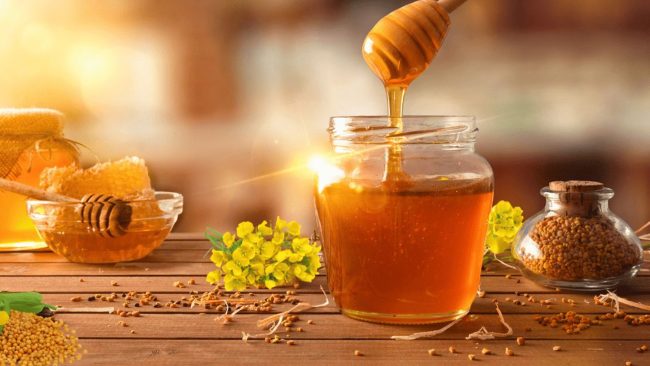
Why You Should Eat Honey in Winter: The Sweet Gift of Nature
A gentle chill is settling across the country, marking the arrival of winter. During this cold and dry season, many people develop the habit of consuming honey — and if you haven’t yet, now is the perfect time to learn why adding honey to your winter diet can be so beneficial.
Often called nature’s sweet nectar, honey contains around 45 essential nutrients. Packed with vital natural components, it has long been used as a part of traditional medicine for its healing and nourishing properties.
Honey is rich in glucose, which helps the body produce heat and energy, keeping you active and healthy. It also aids in forming hemoglobin in the blood and helps relieve respiratory issues such as shortness of breath.

Its antioxidant, anti-inflammatory, and antiviral properties make honey highly effective against common winter ailments like colds, flu, coughs, and sore throats.
Honey can also aid digestion—it helps relieve diarrhea and constipation, improves appetite, and reduces nausea and heartburn. It even supports weight management by helping to reduce body fat.
Drinking warm water with honey can promote glowing, nourished skin by acting as a natural moisturizer — perfect for combating winter dryness.
Regular, moderate consumption of honey may also help improve heart health. Its natural polyphenolic antioxidants support blood vessel function and reduce the risk of heart disease. A mixture of honey and cinnamon is particularly effective — it can lower bad cholesterol levels by up to 10% and help prevent heart attacks when consumed regularly.
During winter, the body’s ability to generate heat naturally decreases. Eating honey daily provides instant warmth and energy, keeping you lively and refreshed. It also supports digestion, preventing acidity and helping maintain a healthy digestive system even in cold weather.
So, to boost your immunity and improve digestion, try taking a spoonful of honey every morning or at noon this winter — your body will thank you for it.
